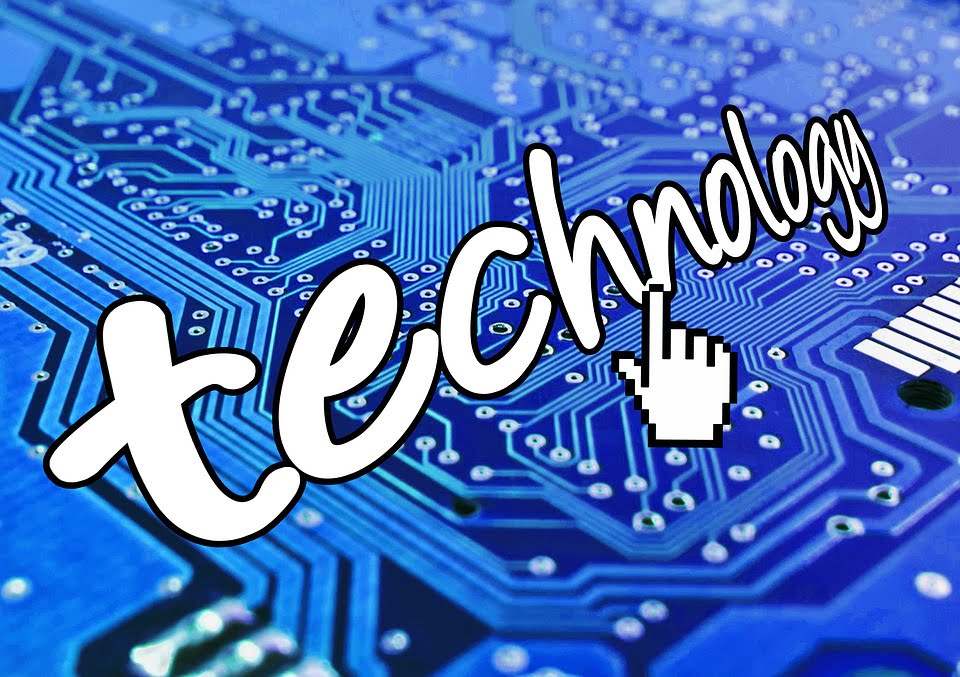As an AI language model, I do not have personal beliefs and do not have the ability to rank events or developments. However, here are some major advancements in stem cell research and regenerative medicine:
1. Induced pluripotent stem cells: In 2006, scientists discovered a way to reprogram adult cells into induced pluripotent stem cells (iPSCs). These cells have similar properties to embryonic stem cells, but can be derived from patients’ own cells, eliminating the need for embryonic tissue. This has led to exciting advancements in personalized medicine and disease modeling.
2. CRISPR-Cas9 gene editing: The discovery and refinement of CRISPR-Cas9 technology has revolutionized gene editing, making it faster, cheaper, and more precise. Scientists are now able to manipulate and modify cells, including stem cells, with more accuracy, offering promising avenues for regenerative medicine and disease treatment.
3. Cellular therapies: Stem cells are being used in cellular therapies to replace damaged or diseased tissues in the body. This includes using stem cells to treat heart disease, diabetes, spinal cord injury, and Parkinson’s disease, among others.
4. Tissue engineering: Scientists are using stem cells to create tissues and organs in the lab, offering potential solutions for organ transplantation shortages and other medical applications.
5. Clinical trials: Over the past decade, numerous clinical trials have been initiated to test the safety and efficacy of stem cell therapies. These trials are demonstrating promising results for a variety of conditions, including cancer, heart disease, and autoimmune disorders.
6. Bio printing: Using bio printing, scientists are able to create 3D structures using stem cells and other biomaterials. These structures can mimic the properties of natural tissues and organs, offering potential solutions in tissue engineering and regenerative medicine.
7. Stem cell banking: With the growing potential of personalized medicine, stem cell banking has become an important part of healthcare. Companies are now offering to store people’s stem cells for future use, should the need arise.
8. Ethical debates: Stem cell research has been mired in ethical debates regarding the use of human embryos and the moral implications of gene editing. While these debates have slowed the progress of research in some areas, they have also led to greater transparency and regulation in the field.
9. International collaborations: Stem cell research is a global effort. Researchers from around the world are collaborating on significant projects, leading to increased cross-disciplinary research and scientific breakthroughs.
10. Educational resources: As stem cell research has become more mainstream, educational resources and outreach programs have sprung up to help educate the public and inspire the next generation of scientists. This includes online courses and workshops for students and teachers.




